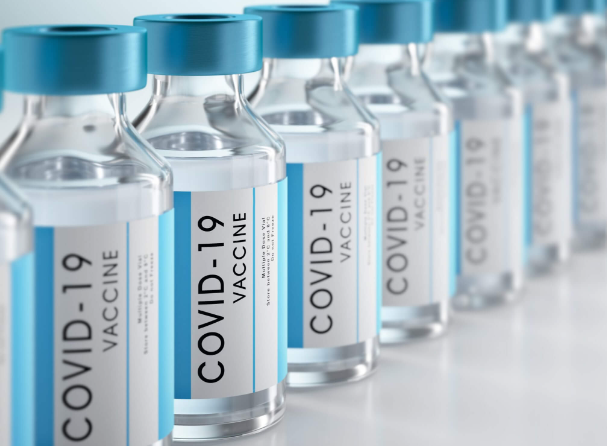More Americans plan to get or already have received the COVID-19 vaccine.
Americans who do not plan to get the latest COVID-19 vaccine mostly cite protection from prior infections and safety concerns as their primary reasons for not getting the shot, new survey data finds.
Also read-Walking Pneumonia : A Patient’s Guide to Walking Pneumonia And Its Symptoms

Reports on the COVID-19 vaccine
A Gallup survey conducted from late November to early December found that the majority of U.S. adults—51 percent—don’t plan on getting the updated shot. So far, 29% of respondents reported rolling up their sleeves for the vaccine, but an additional 20% said they plan to get the shot in the future. That means that close to half of Americans could get the latest shot if the numbers hold true in the real world.
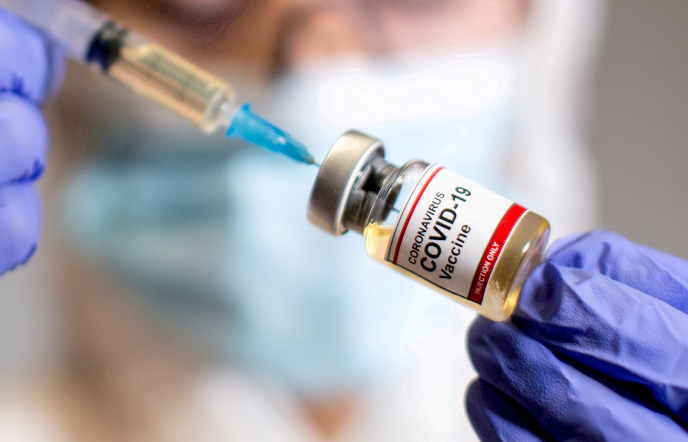
Still, it’s significantly less than the percentage of adults—63%—who plan to get or have already had the flu shot. According to a post by Gallup Senior Editor Jeffrey Jones, “higher rates of flu vaccination may reflect that that procedure is more of an established routine for Americans than getting yearly COVID-19 shots.” A previous coronavirus infection and the belief that one possesses antibodies were the primary reasons given by 27% of those who do not intend to receive the most recent COVID-19 vaccine.
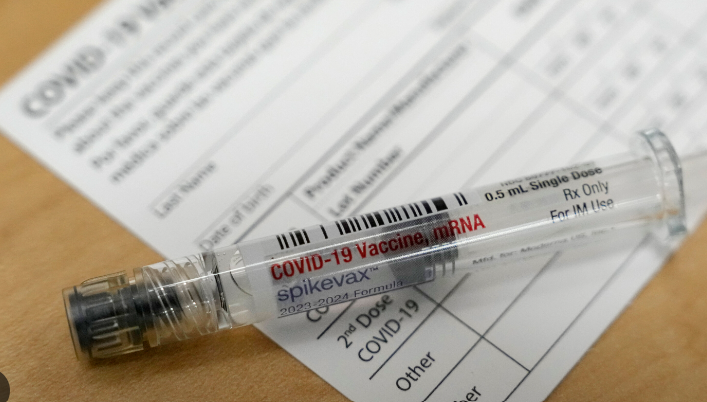
Some common reasons
The second most common reason was concern over the safety of the vaccine. While the COVID-19 vaccines have repeatedly proven to be safe, vaccine hesitancy fueled by the coronavirus pandemic remains a significant public health issue. When it comes to the COVID-19 vaccine, Republicans and Democrats continue to disagree. According to the survey, 48% of participants who stated they had received a new vaccination identified as Democrats, while 10% said they were Republicans. The poll found that most Americans believe that the COVID-19 situation is improving. Although the rate is not quite as high as it was in May, this could be due to increased hospitalizations this autumn and the emerging COVID-19 variant.
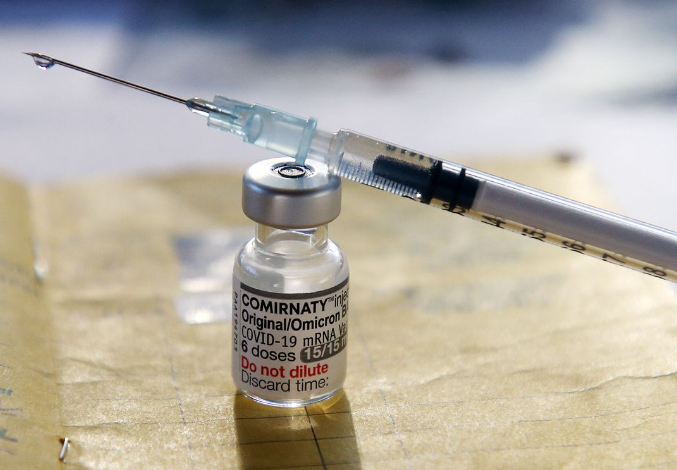
Results
According to Jones, “people are following the advice of public health officials to get the most recent COVID-19 vaccine less frequently than they are heeding the advice to get annual flu shots.” “This might indicate a decrease in anxiety regarding the COVID-19 situation in relation to both them and the nation as a whole.” The COVID-19 vaccination rate is too low, according to public health officials, in advance of the holidays, when travel and indoor gatherings increase the risk of virus transmission.
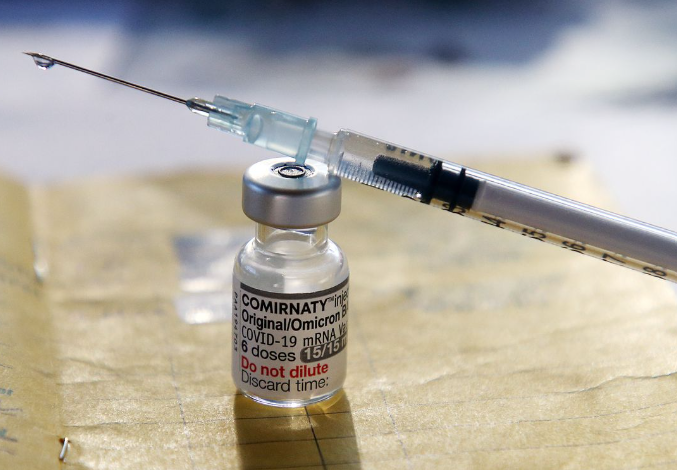
Frequently asked questions
What are the side effects of the COVID vaccine in 2023?
What adverse effects is the COVID-19 vaccine likely to cause? A fever, headache, body aches, exhaustion, and injection site soreness are possible side effects. These symptoms subside after one to three days.
What are the disadvantages of the COVID-19 vaccine?
- Soreness at the injection site.
- Fatigue.
- Headache.
- Body aches.
- Fever.
What are the serious effects of the COVID vaccine?
The COVID-19 vaccine has the potential to cause myocarditis and pericarditis, two conditions that affect the heart. The swelling, or inflammation, of the heart muscle is known as myocarditis.
What are the four types of COVID vaccines?
The main types of COVID-19 vaccines currently available in the U.S. or being studied include:
- Messenger RNA (mRNA) vaccine. This type of vaccine gives your cells instructions for how to make the S protein found on the surface of the COVID-19 virus. …
- Vector vaccine. …
- Protein subunit vaccine.
Who invented the COVID vaccine?
In partnership with the National Institute of Virology (NIV) of the Indian Council of Medical Research (ICMR), Bharat Biotech has effectively developed COVAXINTM, India’s first COVID-19 vaccine candidate. After being isolated at NIV, Pune, the SARS-CoV-2 strain was moved to Bharat Biotech.
Also read-Mothers of Color Are More Likely to Need an ICU Admission While Hospitalized for Childbirth
images source: Google
Disclaimer: The opinions and suggestions expressed in this article are solely those of the individual analysts. These are not the opinions of HNN. For more, please consult with your doctor







